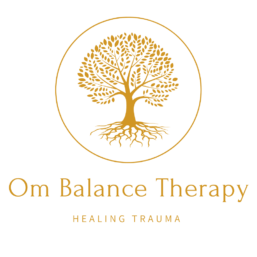The Trauma Therapy Process
Om Balance Therapy provides an evidence-based treatment informed by professional assessment to suit your individual needs.
Therapy Stages
Psycho-education
Aims to help the client understand the traumatic experiences and its impact on a person’s psychological, emotional, physical well-being and life.
Safety and Stabilisation
People who have been affected by trauma often feel overwhelmed and isolated by their experiences. This impacts one’s sense of security, often leaving them feeling helpless, hopeless and unsafe in different situations, including relationships, even if the person does not experience physical harm in the present moment. Fear and helplessness are the signs the person is likely traumatised. In therapy, the person is guided to regain a sense of safety and stability to move forward in life.
Emotional Regulation
Emotional dysregulation can be defined as difficulty or inability to cope, change or regulate painful emotional experiences even when best efforts are applied. Furthermore, one can find it challenging to regulate intense arousal, mental alterations, information processing and impulsive behaviours. An individual may also try to avoid emotional processing as a coping strategy. Thus, in therapy emotional regulation will provide the necessary tools to balance emotions and to make them easier to manage.
Skills Development
This stage focuses on increasing awareness of unhealthy emotions, thought processes, and relationship patterns whilst enabling one to develop skills to manage their feelings better and build new, healthy interpersonal behaviours.
Trauma Processing
Working through trauma by applying multidisciplinary approaches is a transformational process that dissolves unhelpful cognitive, emotional or behaviour patterns whilst implementing more helpful coping strategies. Processing traumatic memories in a safe and guided environment is empowering and healing.
